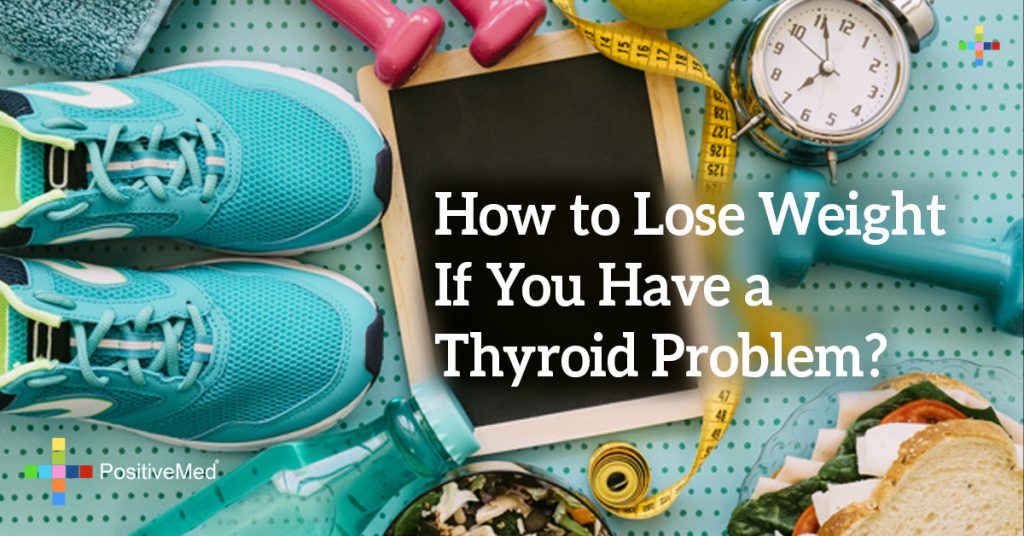
How to Lose Weight if You Have a Thyroid Problem?
The thyroid gland generates two thyroid hormones (T3 and T4), which influence all of the cells and organs in the body. When not enough of these hormones are present thyroid problem (hypothyroidism), body functions slow down.
Some of the body’s functions affected by T3 and T4 include:
• Body temperature
• Sleep
• Metabolism: the rate the body burns calories determining your weight gain and loss.
• Digestion: These hormones affect how fast food goes through your digestive tract.
Because an under-active thyroid gland slows down the body’s metabolism and digestion, you can gain weight even if you aren’t eating more than you usually do. Some different approaches to weight loss might be helpful.
1. Get more sleep
Studies show that women who usually sleep five hours or less each night tend to weigh more (32 percent more) than women who sleep seven hours or more.
2.Try a gluten-free diet
Fresh fruits and vegetables don’t contain gluten. Fresh meat, poultry, and fish are also gluten-free. Foods that contain wheat and flour contain gluten. Other sources of gluten that are not so obvious include canned soups, sausage, soy sauce, low-fat ice cream, frozen dinners, and salad dressings.
RELATED ARTICLE: See How to Treat Hypothyroidism and Hashimoto’s Disease Naturally
3.Drink water
Drink water. It is important to drink specifically water. The benefits of water cannot be replaced with coffee, tea, soft drinks, or juices. Water helps your metabolism and helps your body rid itself of toxins. Water can also decrease your appetite.
4. Eat more fiber
High fiber foods include eggplant, greens (collards, and kale), and peas.
RELATED ARTICLE: 10 Everyday Toxins That Are Harming Your Thyroid
5. Avoid goitrogens
(substances that suppress the function of the thyroid gland).
Examples goitrogenic foods include broccoli, cauliflower, and peanuts.
6. Reduce your sodium intake
Foods that contain excess sodium include processed and prepared foods.
7. Change your mealtimes
Instead of 5-6 small meals daily, try two or three meals daily, with not snacks, and food in the late evening.
8. Exercise
Physical activity helps to burn calories and fat and increases your resting metabolism. Do all three types of exercise: aerobic, strengthening and flexibility.
9. Drink green tea
Hot or cold, green tea (without sugar) can boost your energy level and your immune system.
10. Avoid stress
Feeling stressed tends to cause people to eat more. Relax using deep breathing or meditation.
Trying to lose weight can be disappointing for thyroid patients. Don’t get discouraged. It can be done.





